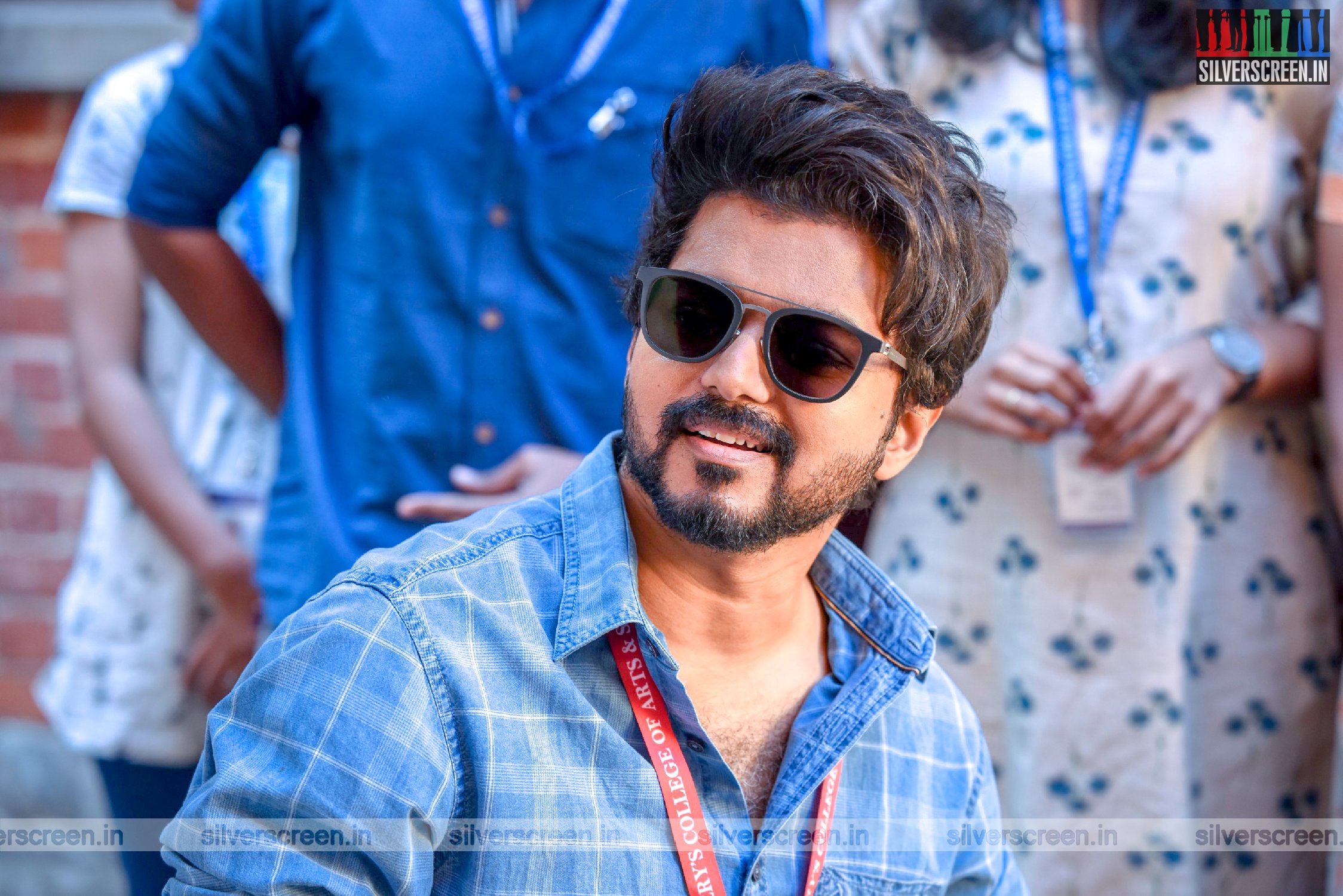The Dharamshala International Film Festival, in essence, is a compilation of little-known, little-heard stories – from areas that are well removed from the bustling metros
In November, right before winter shrouds the Himalayas, a quiet mountain town in Himachal Pradesh becomes a hub of activity. Cinephiles and independent filmmakers flock to Dharamshala, a town that houses the headquarters of the Tibetan government in Exile, and also the venue of DIFF (Dharamshala International Film Festival). The four-day event screens several independent films from the Himalayan region and the rest of the world, and organises discussions anchored by noted personalities from Indian and international cinema.
Founded in 2012 by Ritu Sarin and Tenzin Sonam, the filmmaking couple known for their much-acclaimed feature film on Tibetan exile, Dreaming Lhasa, DIFF is now entering its sixth edition. Starting November 2 this year, the line-up of films include A Death In The Gunj by Konkona Sen Sharma, Village Rockstars by Assamese filmmaker Rima Das, and the Indian premiere of Out of This World—a newly restored version of journalist and writer Lowell Thomas’s fascinating account of his travels in Tibet back in 1949.
Sarin and Sonam met when they were doing their under-graduation in Delhi. While Sarin later moved to Europe with a job in hand, Sonam, born into a family of Tibetan refugees in India, worked with the Tibetan Government In Exile in Dharamshala for a year, before moving to California with Sarin to study filmmaking. The couple’s filmography, which has over 15 films, includes The New Puritans: The Sikhs of Yuba City, a documentary on Indian immigrants in the US, and When Hari Got Married (2013), a documentary film.
Between preparations for DIFF, Sarin manages to cram in a telephonic conversation with Silverscreen.in. The topics of discussion range from cinema in the Himalayan region, Dharamshala, to the future of the charming film festival as she sees it.
*****
What motivated you to launch a film festival in Dharamshala, which is well removed from all major metro cities where mainstream cinema happens?
I have been living in Dharamshala for over 20 years now. There is no contemporary arts and culture scene in this region. It also has an eclectic population – people from the mountains, Tibetan exiles, expats, foreigners. We thought we could put to use this diversity to run a platform, perhaps a film festival, to promote the artistic activity in the region. We first launched a charitable trust, White Crane Films, which continues to handle DIFF’s operations.
This is the sixth edition of the film festival. Over the years, how has it transformed?
When we started out, we thought we were filling a niche space, catering to a limited local audience and the community, screening films from the local filmmakers. The past years proved us wrong. We have seen tremendous growth in the number of people coming here from across the country. Also, there are a lot of foreigners. We are still very much a niche festival, but we have been able to reach a lot more people than what we had thought.
We screen some of the best independent fiction and documentary films from around the world. We also present some of the best indie films from India and invite filmmakers over. We have a short film programme and also screen children’s films.
Over the years, I have seen the growth of some of the people who were with us right from the first edition of the festival. Filmmakers like Hansal Mehta, Q and Chaitanya Tamhane, whose films we screened in our early years, have gone on to become acclaimed filmmakers. There are many people who came here first with their short film, and then went on to make acclaimed feature films. For instance, we screened Shubhashish Bhutiani’s short film in a previous edition. Now, our festival opens with his Mukthi Bhawan.
DIFF also has a fellowship programme for young filmmaking talent from the Himalayan region. How is that going?
The intention is to bring forth the stories that lie cut off from the metro cities where the big industries are based. We want to promote the little film industries in this region, and the young indie filmmakers. Over the years, many youngsters have come here, got inspired, and went back to do good work. It is too early to say how much we have been able to influence the local film industries, but I hope we contributed to their growth in some way.
Recently, Karma Thakapa’s Ralang Road became the only Indian film to be screened at the prestigious Karlovy Vary Film Festival in Czech Republic. White Sun, a film by Nepalese filmmaker Deepak Rauniyar, which is Nepal’s official nomination for the Oscar awards, and Bhutanese filmmaker, Dechen Roder’s first feature film Honeygiver Among the Dogs will also be screened at this year’s DIFF.
According to you, what kind of films are expected of the Himalayan region?
I think there needs to be more films from the mountains, narrating local stories about the villages and small towns in this region. There has to be a wider range of films. I think it’s slowly happening.
How do you envision the future of DIFF?
Recommended
We are happy with the festival as an intimate space to nurture filmmaking, and be a festival to encourage open conversations about cinema. We are still very much a niche film festival, functioning from a mountain with very limited facilities. The film fraternity and audience love coming here, and they want to come back again. I want to keep DIFF running for many years, doing good work, spreading love.
On the personal front, Tenzin and I are now finishing The Sweet Requim, a feature film about a young Tibetan exile living in Delhi. Hopefully, it will start travelling to film festivals from next year.
*****
Pic courtesy: DIFF Facebook Page
The Ritu Sarin Interview is a Silverscreen exclusive.



